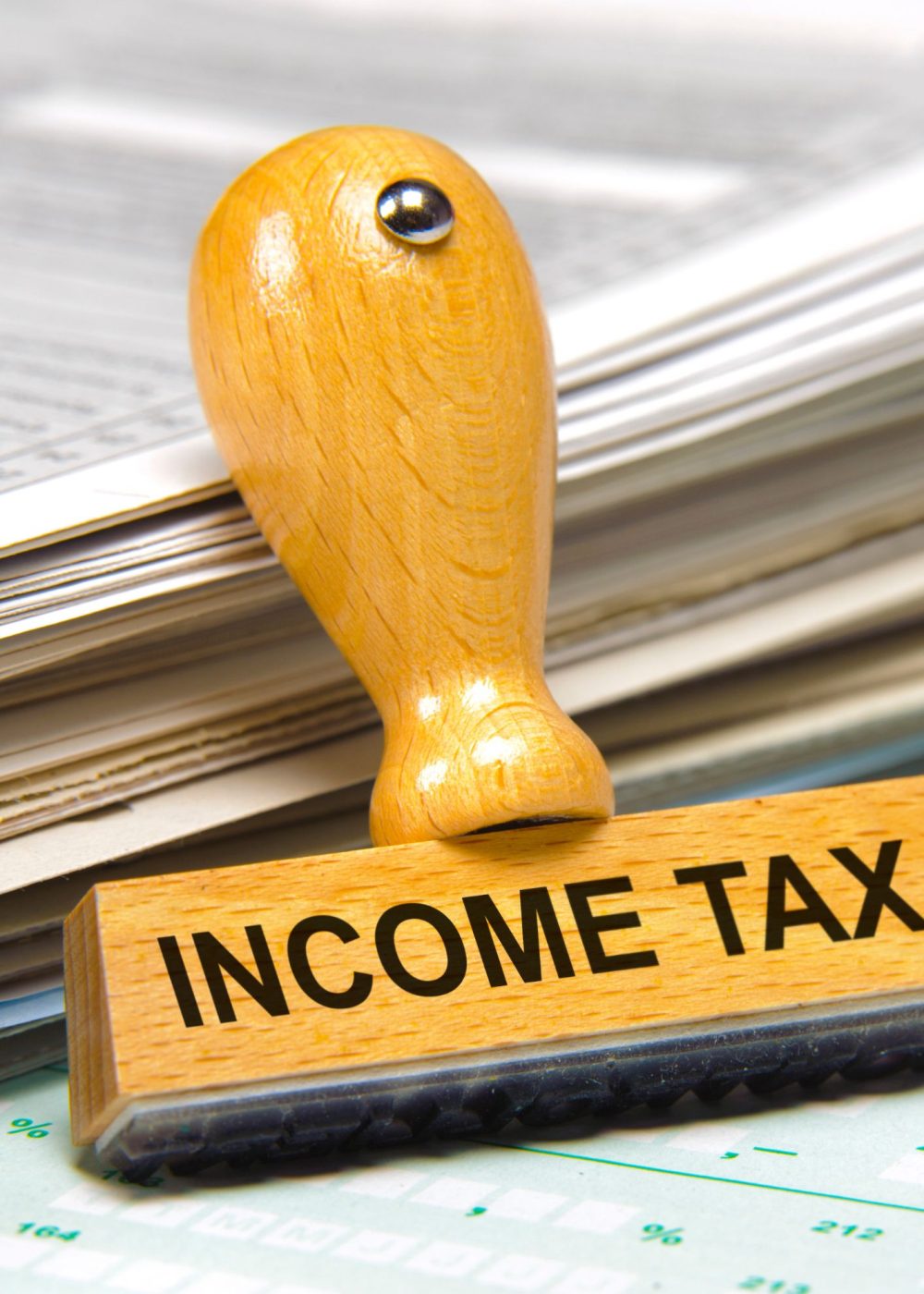Understanding Business Income Tax – Key Facts for Compliance
Business income tax is a tax levied on the profits earned by businesses. It is calculated based on the taxable income derived from the business’s operations. In India, businesses are taxed under the Income Tax Act, with rates varying depending on their structure, such as sole proprietorship, partnership, or company. Deductions for expenses, depreciation, and losses are allowed to reduce taxable income. Timely filing of business income tax returns ensures compliance and avoids penalties.
500+ Notices Resolved
Trusted By Millions
100% Secured
Business income, as defined under the Income Tax Act of 1961 in India, constitutes the profits and gains derived from any trade, profession, or commercial activity. The Act encompasses comprehensive provisions for the computation, taxation, and regulation of business income.
Businesses are required to prepare a Profit and Loss Account, outlining their income and expenses, with allowable deductions for various business-related expenditures such as rent, salaries, and depreciation. Corporate entities are taxed at a flat rate of 30%, and certain businesses may opt for presumptive taxation schemes under Sections 44AD and 44ADA. Deductions and exemptions, provided under different sections like 10AA and Chapter VIA, offer businesses avenues to reduce their taxable income.
The Act also addresses international transactions through transfer pricing regulations and mandates businesses to comply with advance tax payments and Tax Deducted at Source (TDS) requirements. Tax planning strategies, such as claiming depreciation, carry-forward of losses, and utilization of specific incentives for designated sectors, contribute to optimizing the tax position of businesses. Filing of accurate income tax returns and, in some cases, undergoing tax audits are integral to ensuring compliance with the Income Tax Act, fostering transparency, and facilitating the growth of businesses within the regulatory framework.
Business income tax filing is a crucial aspect of compliance for businesses operating in India. Under the Income Tax Act of 1961, businesses are required to report their income, expenses, and other financial details to the tax authorities.
The process involves several key steps
Set off and Carried Forward of Loss under business Income under the Income Tax Act 1961
Loss Set-off
- Set-off Against Other Heads of Income:
- Intra-head Set-off:
- Business losses can be set off against income from the same business in different sources (e.g., different business verticals).
- Inter-head Set-off:
- Business losses can be set off against income from other heads, such as salary income, house property income, or capital gains.
- Set-off Within the Same Year:
- Business losses can be set off within the same assessment year against other incomes.
Loss Carried Forward
- Unabsorbed Depreciation:
- If depreciation exceeds business income, the unabsorbed depreciation can be carried forward indefinitely until it is fully set off against future profits.
- Business Losses:
- Carry Forward Period:
- Business losses (excluding depreciation) can be carried forward for eight consecutive assessment years immediately following the assessment year in which the loss was first computed.
- Conditions for Carry Forward:
- To carry forward losses, the return must be filed on or before the due date, and the loss should have been determined in the return filed under Section 139.
- Specified Conditions:
- Certain losses, like speculation losses, are subject to specific conditions and may have limited or no carry-forward provisions.
- Conditions for Set-off and Carry Forward:
- The set-off and carry forward of losses are subject to compliance with the conditions laid down in the Income Tax Act, including the filing of returns within the specified time and adherence to other provisions.
Claiming Loss Set-off and Carry Forward:
- Businesses must clearly report losses in their income tax returns, specifying the nature and amount of losses.
- While filing returns, businesses need to indicate the set-off and carry-forward details accurately in the relevant schedules.
FAQ
General Question


